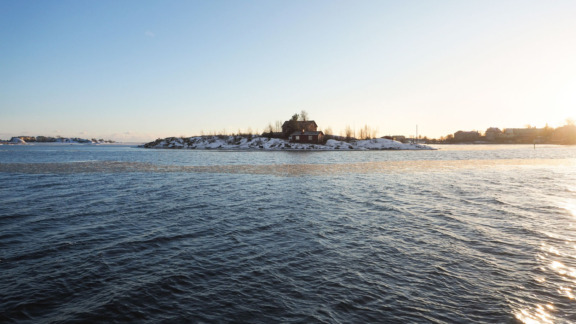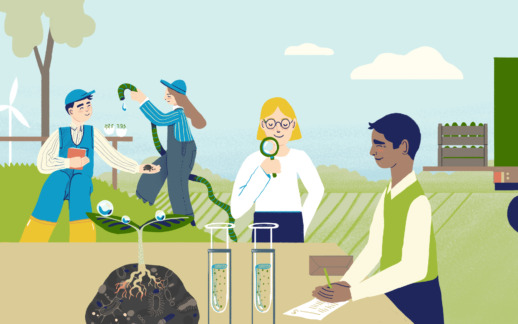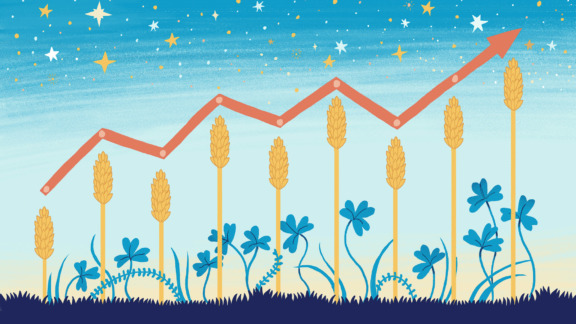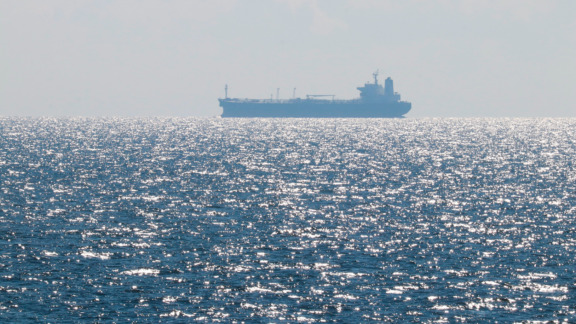PRESS RELEASE: The change in EU Fertiliser Regulation is expected to create an internal market for recycled nutrients
Finnish enterprises move together towards the Breakthrough for nutrient cycling
What do dairy giant Valio, research institute VTT, battery recycling company RecAlkaline and Kalajoki municipality have in common? Each of these players is actively looking for business opportunities in the field of recycling nutrients. They are members of a symbiotic network of around 50 other actors who are aiming towards a commercial breakthrough for nutrient cycling. The change in a EU Fertiliser Regulation is expected to create an integral internal market in EU for recycled nutrient products.
The network, a business ecosystem gathered together by BSAG and financed by Tekes, is progressing rapidly. There are around dozen active collaboration projects going on, and several of the pilot runs or manufacturing of projects are scheduled to start during next year.
The time is ripe since the EU Fertiliser Regulation is currently being reformed in a way which opens opportunities in the European market for new organic products as well as for products manufactured from waste-derived sources. The new Fertiliser Regulation introduces new uniform requirements for safety, quality and labeling of fertiliser products and controls the free movement of CE-marked fertilisers. If the legislative process will proceed within the desired schedule, the new regulations will come into force in 2018.
As a part of the Breakthrough for nutrient cycling -ecosystem, BSAG follows the development of legislation related to nutrient cycling. The new regulation is expected to improve nutrient cycling and thus to diminish nutrient run-off to the Baltic Sea and other water bodies. Excess nutrient in waters are the cause for eutrophication.
The projects under nutrient ecosystem are progressing rapidly
There are many promising leads under a Breakthrough for nutrient cycling -ecosystem. Here are some examples.
The progress in Kalajoki municipality lead to founding of a company named BiHii. The company produces plant beds from composted animal manure, biochar and other components. The year 2017 is dedicated to testing products, and large scale sales are planned to start already next year.
VTT is developing a concept called Resource-Container for the recovery of nitrogen, phosphorus and carbon from waste waters. It is aimed to be used especially in the management of municipal waste waters. Resource-Container will be a mobile and flexible small-scale waste water solution for example for municipalities with large number of summer inhabitants. The used technology would bring new new opportunities to the producers of cycled nutrient fertilisers and soil improvers. The concept is being tested during this year at the Pargas waste water treatment plant.
Valio has tested their membrane technology in the separation process of cow manure. Separating water from manure makes utilization of other fractions, in nutrient cycling, biogas etc. more efficient. The plant is already in the design phase. When ready, the pilot plant will be the first of its kind in the world.
Outotec has developed a PhosDryer drying process, which helps to remove hazardous substances from the sewage sludge. The process uses approximately half as much energy than the conventional process. When ready, the process itself will be packeted to be a sellable product for national and global markets.
Pajupojat develops solutions based on biochar for cleaning low-nutrient waters deriving sources like urban runoff or agriculture. Biochar is also tested for improving solid plant beds in cities etc. The benefit of biochar is that it permanently binds the carbon in the soil, balances the water and the nutrient resources of the soil and activates the microbial activities.
RAVITA project carried out by HSY, Helsinki Region Environmental Services Authority, is based on the recovery of phosphorous already at the waste water process and not from the sludge fractioning, as in competitive processes. RAVITA process is designed to fit many different types and sizes of waste water treatment plants. The successful project would open up new possibilities for advanced recycling of nutrients, both in Finland and internationally.
Rec Alkaline produces fertilisers for agricultural use from recycled nutrients from alkaline batteries.The treatment process is being develop for international technology export.
The Breakthrought for nutrient cycling -ecosystem receives funding from Tekes BioNets program and is a part of the Team Finland network related business ecosystem approach.
Additional information related to:
Updates in the EU Fertiliser legislation: Baltic Sea Action Group, EU Coordinator Eero Jalavaeero.jalava(at)bsag.fi, p. 040 5658332
Ecosystem: Baltic Sea Action Group, Secretary General Mathias Bergman, mathias.bergman(at)bsag.fi, p. 0503807155
Tekes BioNets programm: Consultant Tuomas Lehtinen, tuomas.lehtinen(at)tekes.fi,
p. 029 50 55695
Kalajoki / BiHii: Business Consultant Mirja Mustonen, mirja.mustonen(at)kalajoki.fi, p. 044 4691 249
VTT’s Resource-Container project: Business Development Manager, Mona Arnold, mona.arnold(at)vtt.fi, p. 040 5681222
Valio’s projects: Primary Production Director Juha Nousiainen, juha.nousiainen(at)valio.fi, p. 050 3840242
HSY’s Ravita prosess: Director of the Division Mari Heinonen, mari.heinonen(at)hsy.fi, 050 3203909
Pajupojat: Managing Director Markku Suutari, markku.suutari(at)pajupojat.fi, p. 0500 551 954
RecAlkaline: Managing Director Tatu Leppänen, tatu(at)recalkaline.fi, p. +358407719070
Outotec: Director, Business Development Juhani Anhava, juhani.anhava(at)outotec.com.



